A successful content marketing plan needs the best resources to inform your strategy, the best content calendars to build a solid foundation to work from, and the best tools to better manage your results.
When the best content calendars, tools, and resources are coupled with enough time, organization, and creativity, you have the power to develop and launch a content plan for your brand that’s truly distinctive, offering high-quality content that’s invaluable for getting the results you’re looking for.
Why Have a Content Plan Made Just For You?
Your content strategy helps you plan and create marketing to achieve the business goals you have for your brand. Depending on those specifics, you’ll be able to:
- Increase overall awareness of your brand.
- Drive traffic to your website and ultimately to your products and service offerings.
- Improve your visibility on search engine results pages (SERPs).
- Attract target prospects at every stage of the buyer’s journey.
- Keep your customers not only satisfied, but engaged in your brand long after their first purchase.
You may start out thinking that a focused content plan would be nice to have but not necessary. All that could change once you’re in the thick of competition. With at least 82% of marketers actively employing content marketing as part of their marketing strategies, a unique content plan can help you compete better, especially in the current economic environment.
Simple Ways To Create a Reliable, Cost-Effective, and Distinctive Content Plan
A content plan that’s unique to your brand is not only essential for those who are new to content marketing, but for seasoned marketers who find that their current strategy seems unfocused, their published content feels vague and directionless, or their ROI is waning. These are all good reasons to inject some fresh thinking and new ideas into your content plan that can refocus it specifically for your brand. Try these tips.
Identify specific goals for your marketing content.
The big question here is why. Why do you want to strategize a plan for content marketing? Why do you need to produce content that supports it? This is your first chance to personalize generic marketing goals for your brand. For instance, most businesses want to increase brand awareness. Why does your company want to achieve brand awareness, and what is the best way to accomplish it?
Clearly define your target audience.
The prospects you want to reach are the ones that drive the production of relevant, valuable, high-quality content. This type of content will attract them because they'll want to read it and will likely be enticed to act. A popular way to know your target audience better is to research personas.
Have your current content audited.
If your content isn’t generating enough leads or performing in other ways, consider using a content audit service. 11outof11 will review your content and offer tweaks or deliver a fresh implementation strategy. Content audits are also helpful when you’re ready to stretch your creativity by adding new formats to your content mix. Finding out which blogs perform the best, as well as the low performers, can help you decide where to go from here. Content audits can help you:
- Confirm what works best for your audience.
- Determine different content types that could be good for your brand.
- Set new goals.
- Realign current marketing goals with organizational goals.
- Identify gaps in topic planning.
- Discover new ideas for content.
Agree on the best content management system for your business.
A content management system (CMS) helps content marketers create, manage, track, and optimize a “digital experience” for your target audience, meaning the way they interact with your brand through digital technology. A CMS can save time and keep your entire team organized. This is usually achieved through a software application for collaborating on the creation, management, and analysis of your digital content all in one place. Examples are the HubSpot CMS and WordPress.
Determine the content types that will work best for your brand.
Most brands start out with blog posts and diversify into new content types based on specific messaging, goals for their marketing, and more. Other content types include:
- Ebooks
- Whitepapers
- Case studies
- Templates
- Infographics
- Videos
- Podcasts
- Webinars/seminars
- Games
- Polls and surveys
- Social media
Make a living list of relevant content ideas.
Brainstorming new ideas for content never stops. That’s why it’s useful to keep an ideas list that’s accessible to all members of your content team. Your list should include both evergreen and topical possibilities that you can refer to anytime and especially when the need arises.
There are a lot of brainstorming tools out there to help. The latest tools are using AI technology like machine learning and artificial intelligence to generate ideas for you, based on queries that include the type of content, target audience, product or service description, and relevant keywords.
Here are a few more brainstorming tools:
- Blog Ideas Generator – HubSpot’s easy-to-use tool for finding new ideas even provides feedback on content length, word choice, grammar, and keyword search volume.
- Feedly RSS Feed – AI tool to track trendy topics in your industry for content ideas based on what you're most interested in.
- BuzzSumo – Tracks social media shares to identify popular published content.
- BlogAbout – Blog title generator that uses common headlines to give you new ideas, where you fill in blanks within the phrases to incorporate specific information. Keep track of your favorites in a “Notebook.”
- MindMeister - Cloud-based brainstorming software to visualize ideas, plan projects, and execute workflow.
Figure out how you’ll organize, publish, and promote your content, then analyze the results.
This involves creating a content library that houses a diverse blend of content types, establishing an editorial calendar for publishing your content on your digital asset like a website, determining a plan to promote your content on social media and other places, and choosing a way to perform analytics on the results.
11outof11 Knows Content Planning
If you need help creating a distinctive content plan specifically for your brand, one that uses the best content calendars, tools, and resources, connect with 11outof11. Request a complimentary call with an 11outof11 expert. Contact us to learn more.







.png)






